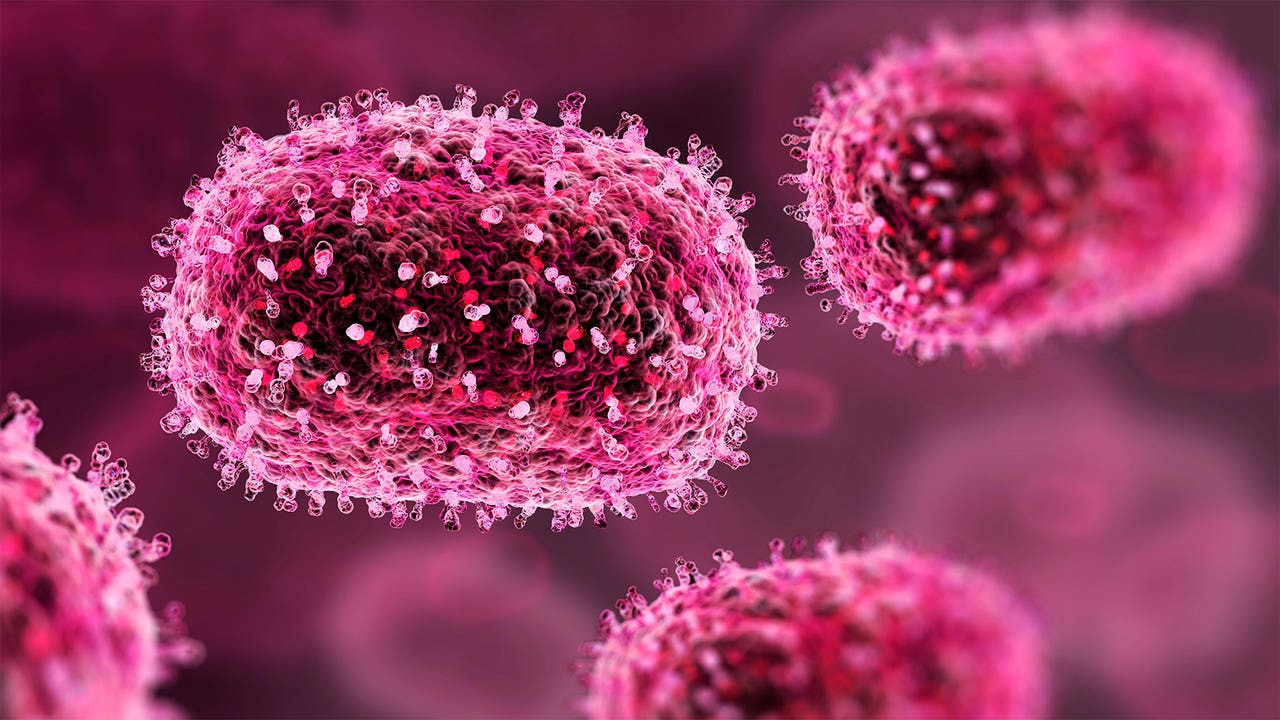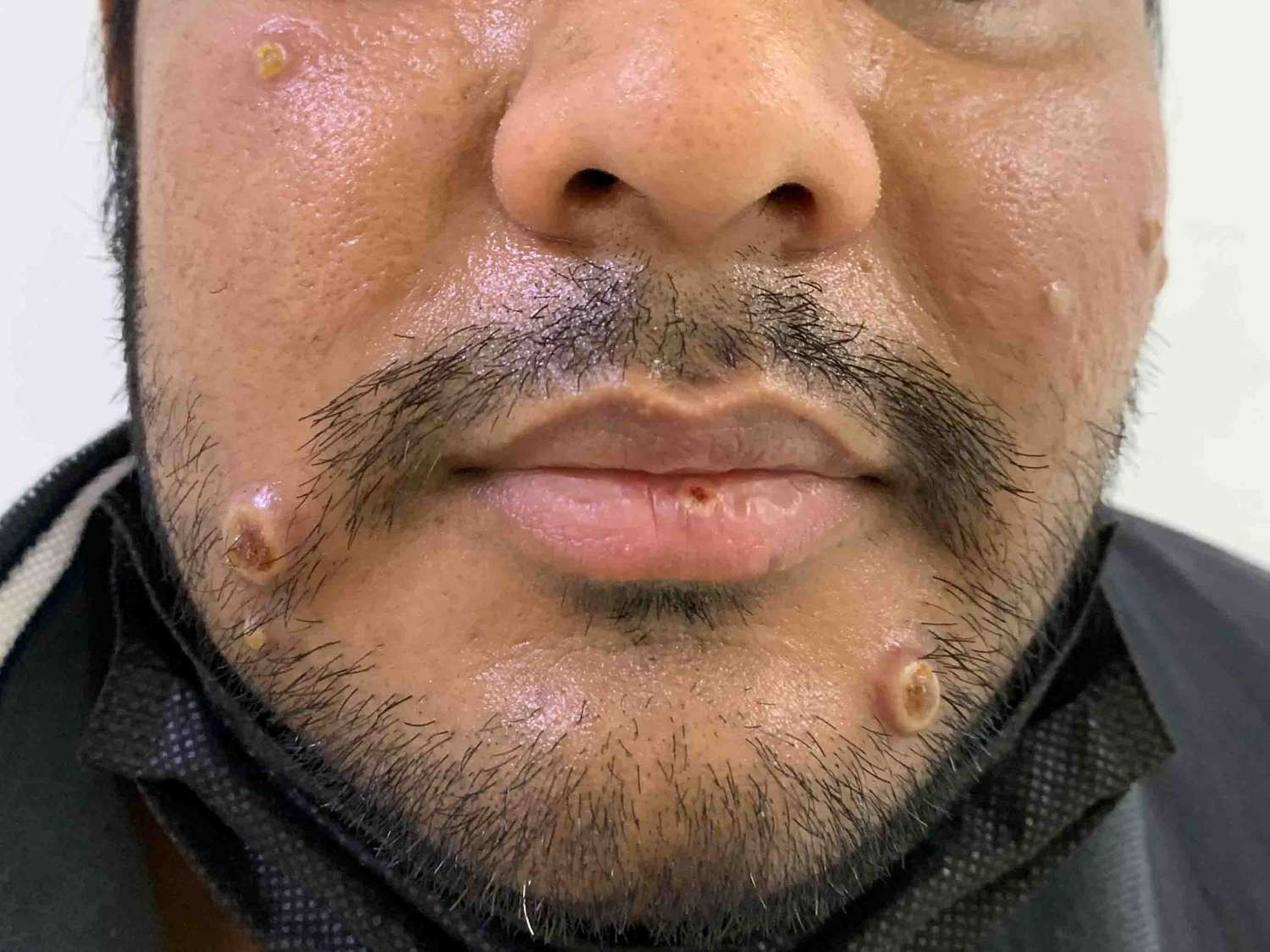A man has shared the horrendous symptoms he suffered after he became infected with the Mpox virus, including being unable to eat or drink.
Harun Tulunay caught Mpox, also known as monkeypox, during the 2022 outbreak and described the illness as starting off as something similar to the flu, namely a high fever and muscle pains. But soon lesions and scars started to appear across his body.
While the virus is no longer in his body, he was vaccinated against future strains due to the severity of his illness. He said the 2022 outbreak was a missed opportunity to get more people jabbed against Mpox variants.
"After two weeks of horrendous high fever and pain, I wasn't able to move or drink or eat anymore - at that point, I was hospitalised," he said. Tulunay said it was a struggle to be taken seriously by doctors as they were not as aware of the virus as they are now.
When he finally made it to hospital, Tulunay said it took three days to get a correct diagnosis. "After 11 days in hospital I felt better and I further isolated for two weeks at home until all the scars disappeared and I was fully healed."
Tulunay still has a small mark on his nose, but all other signs of the lesions across his body have faded away. He also wants the vaccine to be more effectively rolled out across Africa, where the latest strain was discovered.
Mpox Cases on the Rise in Europe
At least 100 new Mpox cases are being registered in Europe every month, according to a fresh update from the World Health Organization. Recent cases have been confirmed in Sweden and Pakistan, although there are concerns it could also be in the UK.
Vaccination Concerns
The Mpox survivor believes high-risk groups such as sex and health workers should be among those who are vaccinated against the virus. He told Sky News: "There's only one company that produces the vaccinations and there is high demand, and there is not enough vaccinations produced by countries around the world."
Understanding Mpox
There are two major genetic groups of Mpox, Clade 1 and Clade 2. The majority of cases since May 2022 have been part of the Clade 2b variant.
Transmission of Mpox
Mpox can be passed on from person to person through any form of close physical contact with a person who has blisters or scabs from the virus. This includes kissing, sexual contact, cuddling and holding hands.
Touching clothing, bedding, or towels with someone with Mpox can spread the virus as can being close to someone infected who coughs and sneezes.
While anyone can get Mpox, most cases in the UK have been in men who have sex with other men.
Mpox Symptoms
According to the NHS, it usually takes between five and 21 days for the first symptoms to appear. The first symptoms of Mpox include:
- Fever
- Headache
- Muscle aches
- Backache
- Swollen lymph nodes
- Chills
- Exhaustion
A rash typically appears one to five days following the first symptoms. It often starts on the face and then spreads to other parts of the body.
Recovery and Prevention
Most patients who have intact immune systems and don’t have a skin disease, supportive care and pain control will help them recover without medical treatment, according to the CDC.
The best way to prevent Mpox is to avoid close contact with someone who has the virus, and to get vaccinated against it.


















